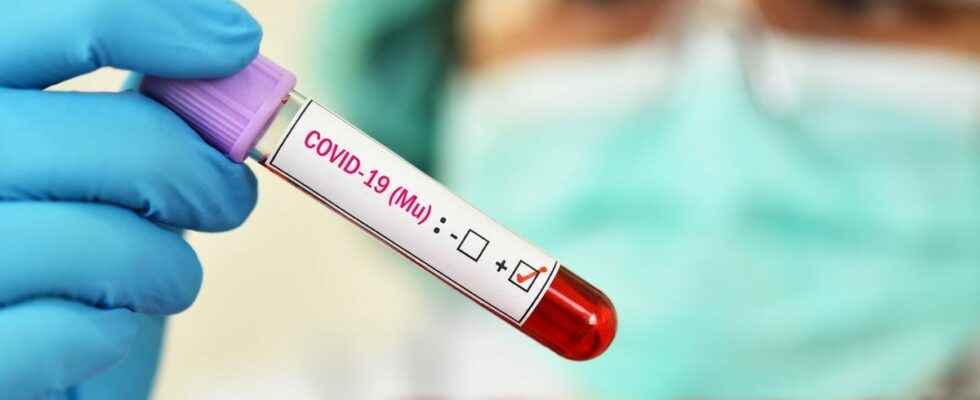Published on
Updated
Reading 2 mins.
in collaboration with
Dr Gérald Kierzek (Medical Director of Doctissimo)
New variant in circulation, the XBB.1.5 seems very contagious. Resulting from the recombination of two sub-variants of Omicron, it has already been found in around thirty countries. Should we fear it? The answers of Dr Gérald Kierzek, emergency doctor and medical director of Doctissimo.
It is the latest addition to the Omicron family: the XBB.1.5 variant, which is the “the most transmissible that has been detected so far“, according to the World Health Organization, which indicates to monitor it closely.
What is this new XXB.1.5 variant?
This new variant comes from the XBB variant of Omicron, which was itself the result of a cross between two variants of this strain of the virus. It is therefore a recombinant variant, resulting from the combination of two existing variants. The XXB.1.5 variant has spread rapidly around the world, coming from Asia where it was detected last October.
Where is the XXB.1.5 variant found?
This variant has already been officially detected in about thirty countries around the world, but in reality this figure is certainly much higher. It spread rapidly in the United States in particular. In France, it is also present, but to a lesser extent, it seems.
Is it really more contagious?
Because of this rapid spread, scientists suspect this variant to be more contagious. They feel that XBB.1.5 presents a “immune escape“meaning it is better at circumventing people’s immunity, especially vaccine immunity.”This may be good news as it will increase herd immunity with a sub-variant of Omicron that remains less dangerous.” says Dr Gérald Kierzek, emergency doctor and medical director of Doctissimo.
Reinforce the vaccination coverage of the most vulnerable
“However, we must continue to protect the most vulnerable” adds the doctor. “Because according to the latest figures, only 10% of the fragile population concerned by the vaccine is currently protected against these new variants.“. A figure that is far too low, which must be improved by encouraging the most fragile to achieve their booster dose.
A mathematical model to determine vaccine boosters
American scientists from Harvard Medical School have just developed a predictive model for vaccination reminders against Covid-19. The researchers say they want to answer “as needed to predict vaccine efficacy over time using a mathematical framework to account for vaccine-induced immunity.”
If a booster dose can induce an improvement in antibody levels and therefore sufficient protection for more than a year in healthy patients, for immunocompromised people or cancer patients receiving immunosuppressive therapy, the effect reminder may fade.
The interest of the mathematical model developed by these researchers would therefore be to predict vaccine strategies targeting “the continued need for reminders for these individuals to maintain their protection“conclude the authors.
